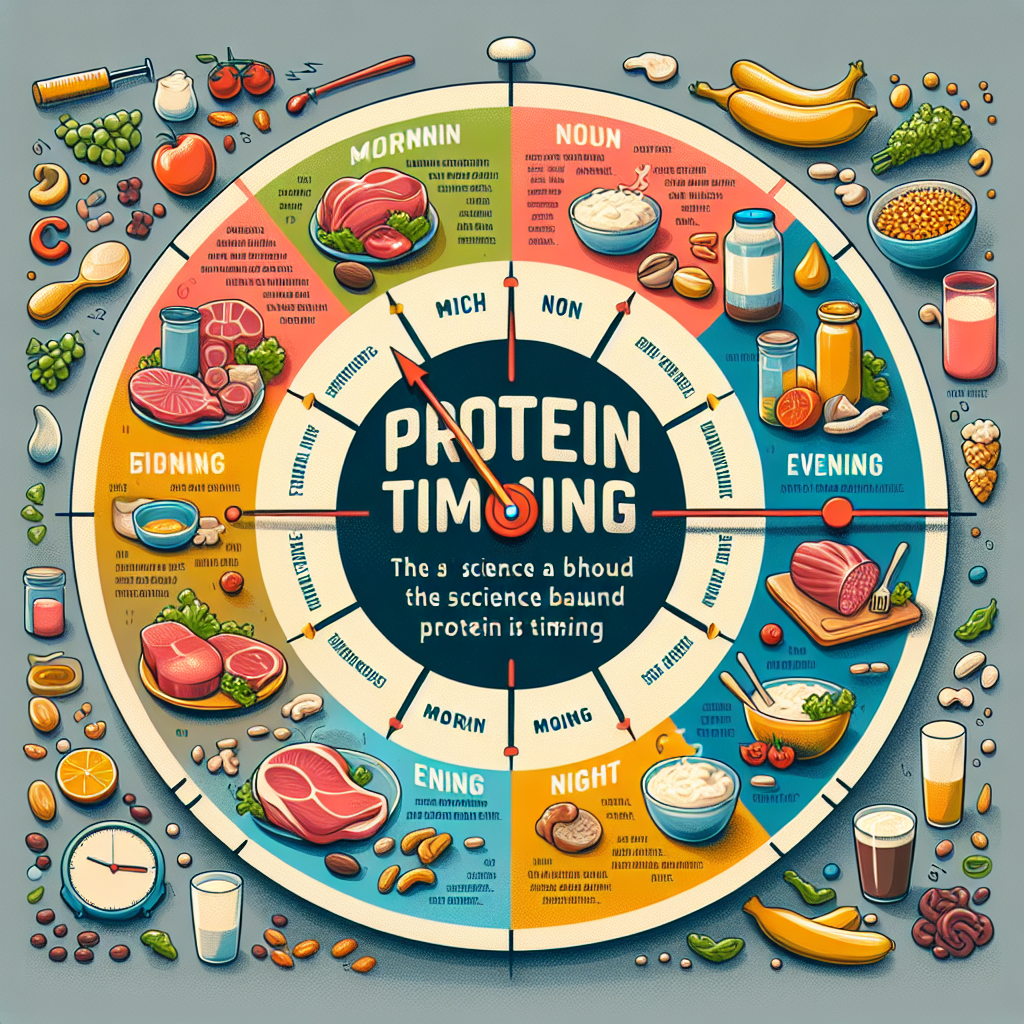Smart Carbs: The Little-Known Fiber Types That Supercharge Gut Health
1. Introduction to Smart Carbs
In recent years, the dietary landscape has shifted towards a greater appreciation for the role of fiber in digestive health. “Smart carbs,” a term gaining traction in nutrition circles, refer to specific types of carbohydrates that are high in fiber and facilitate optimal gut health. These are not the typical carbohydrates you might find in processed foods, but rather natural, nutrient-dense options that offer significant health benefits. Exploring these fibers can transform your approach to nutrition and overall wellness.
2. Understanding Fiber and Its Importance
Fiber is a type of carbohydrate that the body cannot digest. According to the American Heart Association, adults should aim for at least 25-30 grams of fiber daily, yet studies indicate that most Americans only consume about 15 grams. Fiber plays a crucial role in maintaining gut health, aiding digestion, and preventing various diseases. It enriches your diet, supports weight management, and improves blood sugar control, making it a cornerstone of balanced eating.
3. Types of Smart Carbs
Smart carbs come in various forms, primarily classified into two categories: soluble and insoluble fibers.
3.1 Soluble Fiber
Soluble fiber dissolves in water to form a gel-like substance. It can help lower blood cholesterol and glucose levels. Foods rich in soluble fiber include oats, beans, lentils, apples, and citrus fruits. The health benefits associated with soluble fiber are significant. According to a report from the FDA, foods high in soluble fiber can reduce the risk of heart disease and lower cholesterol levels by up to 9%.
3.2 Insoluble Fiber
Insoluble fiber does not dissolve in water. It adds bulk to the stool and aids in moving food through the digestive tract. Whole grains, nuts, and vegetables such as carrots and celery are exemplary sources of insoluble fiber. This type of fiber is essential for preventing constipation and promoting regular bowel movements, contributing to overall digestive health.
4. Lesser-Known Fiber Types That Boost Gut Health
While most people are aware of general fiber classifications, many are unfamiliar with specific types of soluble fibers that can supercharge gut health.
4.1 Resistant Starch
Resistant starch is a type of carbohydrate that resists digestion in the small intestine and ferments in the colon. Found in foods like green bananas, cooked and cooled potatoes, and legumes, resistant starch acts as a prebiotic, promoting the growth of healthy gut bacteria. According to a 2019 study published in the journal Nature, resistant starch significantly increased levels of beneficial bacteria, such as Bifidobacterium and Lactobacillus, in individuals’ microbiomes.
4.2 Inulin
Inulin is a soluble fiber found in many plants, including chicory root, garlic, onions, and asparagus. It has prebiotic properties and can help support the growth of beneficial gut bacteria. A study published in the Journal of Nutrition showed that participants who consumed inulin saw a 25% increase in beneficial gut bacteria populations within a month of regular intake.
4.3 Beta-Glucans
Beta-glucans are naturally occurring polysaccharides found primarily in oats and barley. They are known for their immune-boosting properties and their ability to support gut health. Research has shown that beta-glucans can modulate gut microbiota composition, enhancing the populations of beneficial microbes. In one study, beta-glucan intake was associated with a 10% reduction in cholesterol levels.
5. How Smart Carbs Benefit Gut Health
The benefits of incorporating smart carbs into your diet extend beyond simply improving digestion. Here are some notable ways these fibers contribute to overall health:
5.1 Improved Gut Microbiome
Smart carbs promote the growth of beneficial bacteria in the gut, leading to a healthier microbiome. A diverse and balanced microbiome is essential for optimal digestion, immune function, and systemic health.
5.2 Enhanced Nutrient Absorption
A healthy gut supported by smart carbs allows for better absorption of vitamins and minerals from the food we consume. This is crucial for maintaining energy levels and overall well-being.
5.3 Reduction in Digestive Disorders
A diet rich in smart carbs can help reduce the risk of digestive disorders such as irritable bowel syndrome (IBS), constipation, and other gastrointestinal issues. A meta-analysis published in the journal Gastroenterology found that increasing fiber intake could reduce IBS symptoms by over 30%.
6. How to Incorporate Smart Carbs into Your Diet
Incorporating smart carbs into your diet doesn’t have to be complicated. Here are some simple strategies:
6.1 Start with Breakfast
Opt for oatmeal topped with fruits and nuts, which are high in both soluble fiber and antioxidants. Alternatively, a smoothie with spinach and a scoop of inulin-rich powder can be a great morning choice.
6.2 Snack Wisely
Choose snacks that are high in resistant starch, such as cold potato salad or homemade protein bars made with oatmeal and nut butter.
6.3 Embrace Whole Foods
Instead of processed foods, focus on whole grains, legumes, fruits, and vegetables. Beans and lentils not only provide fiber but are also protein-rich, making them a versatile addition to various meals.
7. Conclusion
Smart carbs offer a powerful way to enhance gut health and overall well-being. By prioritizing high-fiber foods like resistant starch, inulin, and beta-glucans, you not only support your digestive system but also boost your immune health, improve nutrient absorption, and reduce the risk of digestive disorders. As we learn more about the intricate relationship between our diet and gut health, it becomes evident that incorporating smart carbs is one of the smartest choices you can make for your body. Start today, and watch as your gut health transforms for the better.




Post Comment